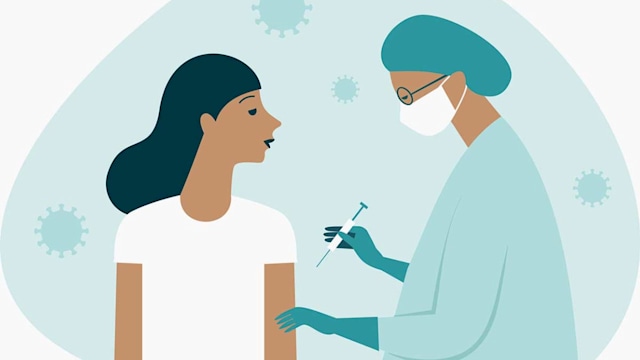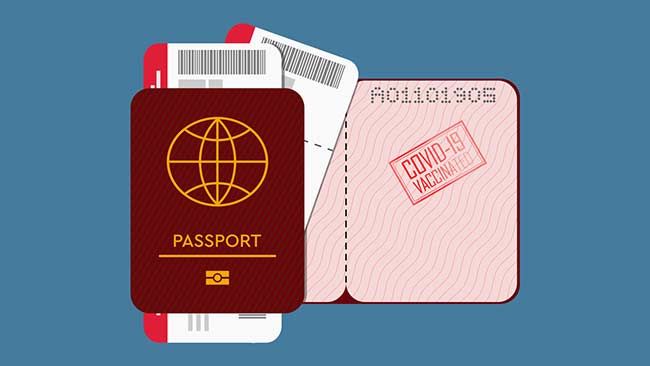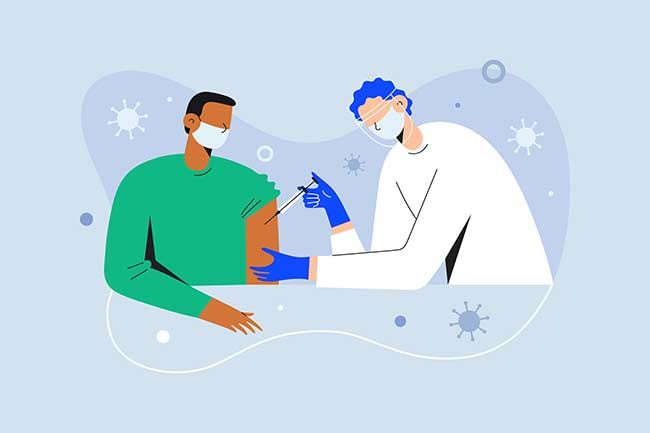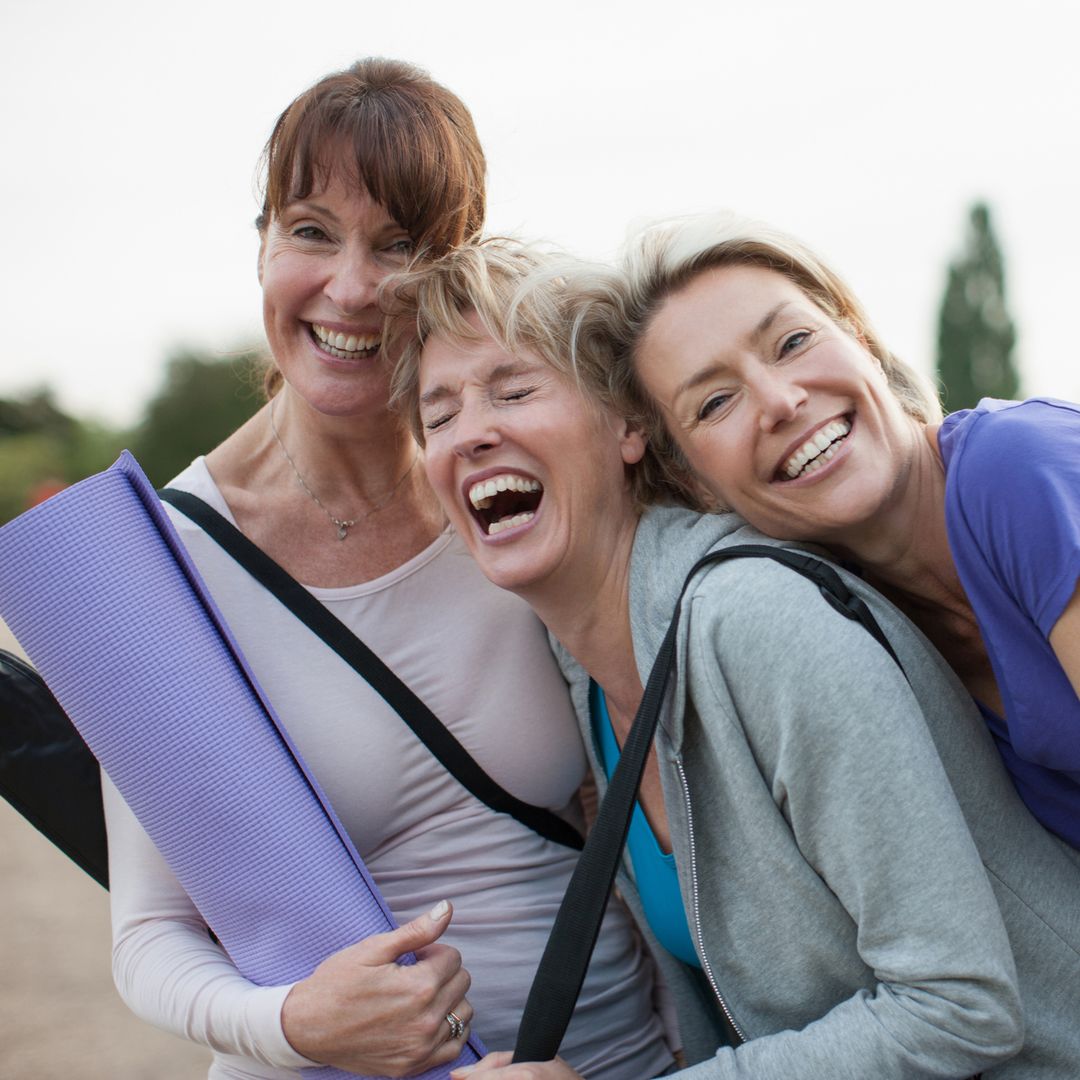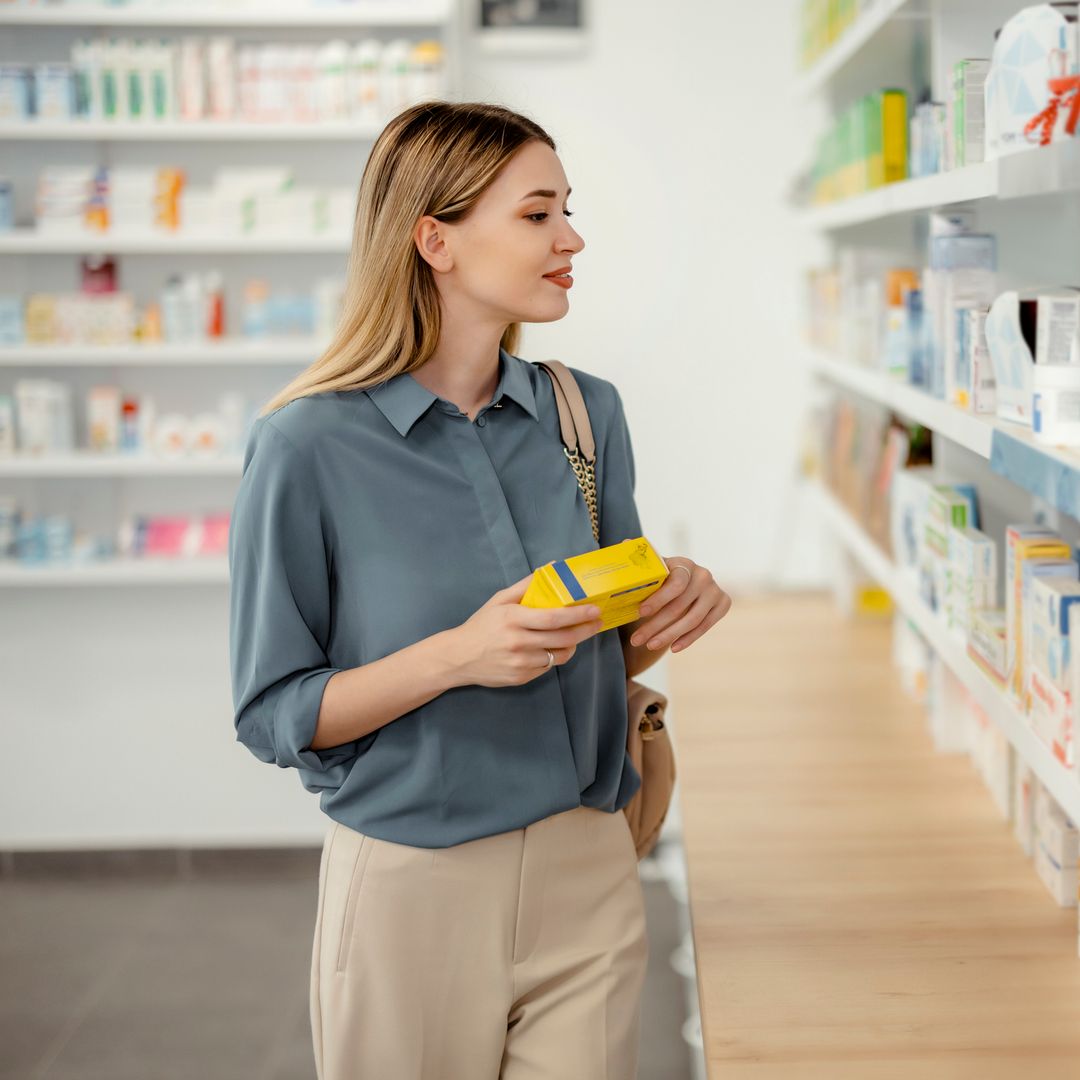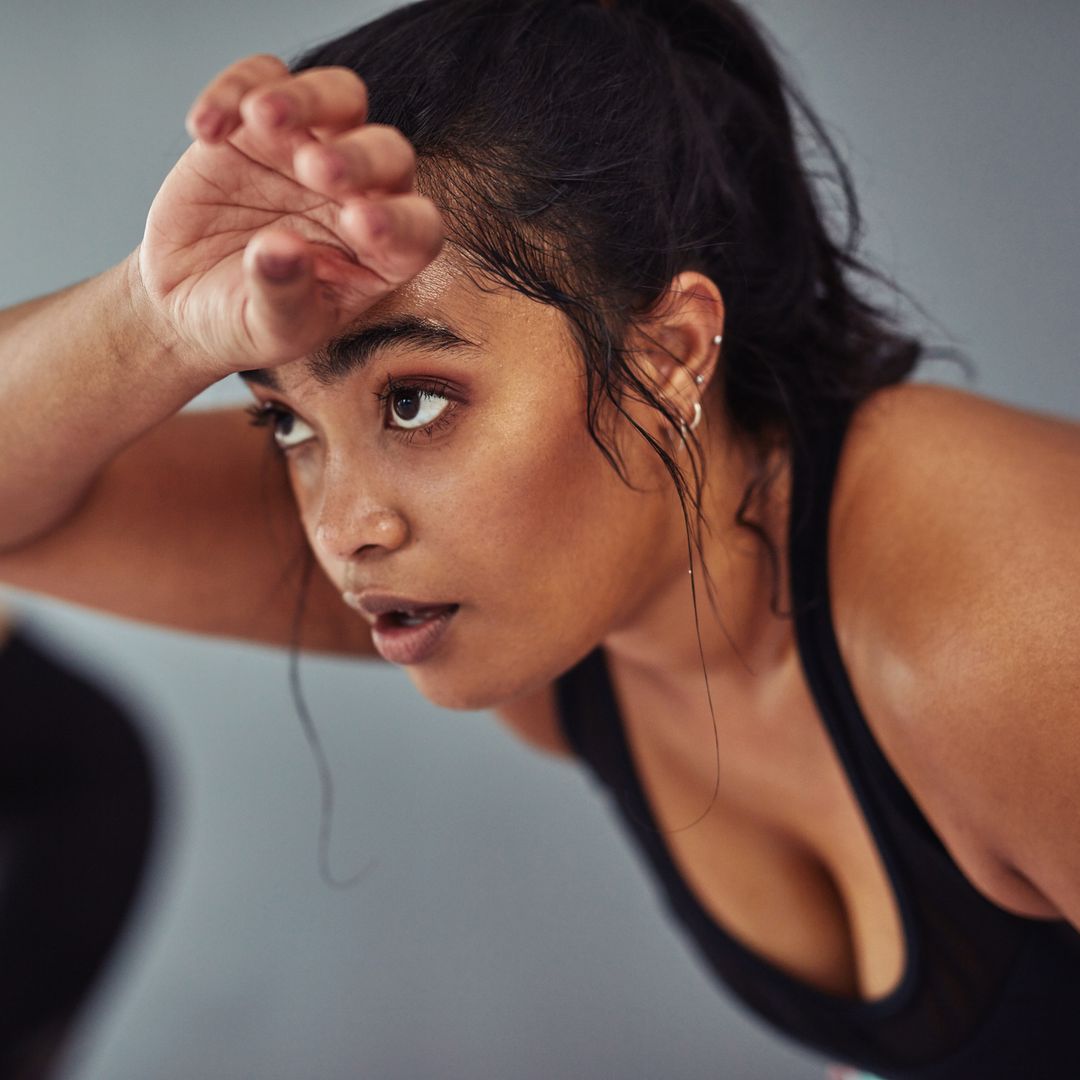The UK government has been rolling out COVID-19 vaccines with the aim of everyone aged 18 or over receiving their first dose by the end of July.
DISCOVER: Is it safe to book a summer holiday & when can we book?
This week, the US Centers for Disease Control and Prevention (CDC) released brand new guidelines, revealing that fully vaccinated American citizens will no longer need to quarantine after travelling and can meet people without face masks.
While we're still waiting for the equivalent announcement in the UK, here we answer seven of the most common questions about the coronavirus vaccine. Read on to find out what being fully vaccinated means for you and your loved ones…
Travel guidance for fully vaccinated citizens has yet to be updated
When are you fully vaccinated against COVID-19?
The government has stated they are on track to meet their target vaccine number. Currently, those aged 56 to 59 are being invited to get their first dose, which is given as an injection into your upper arm. You will receive your second dose three to 12 weeks after your first and therefore be fully vaccinated.
READ MORE: This life-saving COVID-19 gadget is a bargain on Amazon
How many people are fully vaccinated?
The government's data shows that as of Sunday 7 March, a total of 22,377,255 people in the UK had received the first dose of their COVID-19 vaccine. Of those people, 1,142,643 had received their second dose. The figures are regularly updated on the government website, so keep checking back for the latest numbers.
What can you do after you are fully vaccinated?
The UK is yet to release guidance on what you can do after being fully vaccinated so it is important to continue to adhere to the government guidelines and social distancing rules for now.
Boris Johnson's lockdown roadmap for England remains the same, with the full breakdown here. The government hopes the increased protection offered by vaccines will slowly replace the restrictions in place.
Do you have to quarantine if you are fully vaccinated?
The CDC has just announced that US citizens will not need to quarantine if they meet all three of the necessary criteria; being fully vaccinated less than three months ago, receiving your full vaccine dose two weeks or more ago and remaining asymptomatic in recent weeks.
But according to the UK Government website, the rules haven't changed since 15 February. It states: Everyone allowed to enter England from outside the Common Travel Area (Ireland, the Channel Islands or the Isle of Man) must:
- quarantine for 10 days
- take a coronavirus (COVID-19) test on day two and day eight of quarantining
- follow the national lockdown rules
Over 22 million people in the UK have been vaccinated
If you are fully vaccinated, can you transmit COVID-19?
Getting the vaccine cannot transmit COVID-19 and will significantly reduce your chances of getting the virus in future. As with all vaccines, they are not 100 per cent effective, although symptoms will be less severe. It is not yet known whether the vaccine will prevent you from passing on the disease to others, so the UK government advises you follow the safety protocols put in place for the nation after getting the vaccine; practice social distancing, wear a face mask, wash your hands carefully and frequently, and follow the current guidance.
RELATED: When will hairdressers open in the UK? The reopening date and details for hairdressers & salons
MORE: These incredible self-cleaning antiviral gloves protect you from the spread of coronavirus
How immune are you after your first COVID-19 vaccine?
It may take up to two to three weeks to develop immunity after receiving your vaccine. It is therefore recommended that you continue to observe social distancing measures while waiting for the effects to kick in, following government guidance on restrictions in order to protect both yourself and others from the spread of the virus.
Can you take ibuprofen or paracetamol after the COVID-19 vaccine?
People who have side effects from the COVID-19 vaccine may take painkillers, such as paracetamol or ibuprofen if they need to. Some people have reported mild symptoms lasting no longer than a week, including a headache, achiness and tiredness, as well as a sore arm following the jab.
